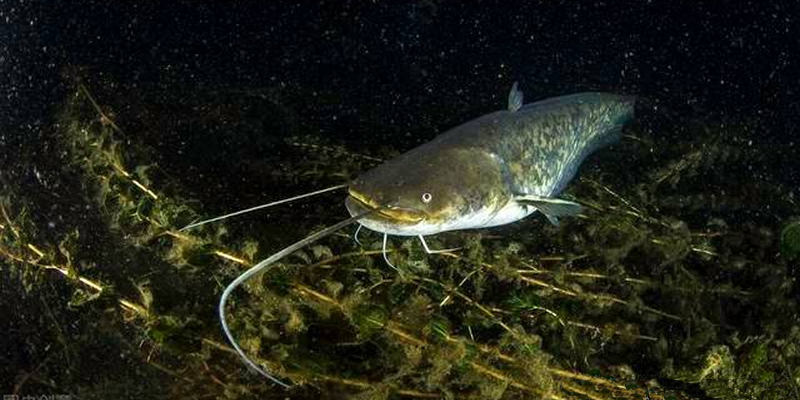February 9, 2023
US university researchers splice alligator genes into catfish, improve disease resistance

A group of scientists at Auburn University (Alabama, US) published a paper in January detailing their efforts to genetically modify catfish with the cathelicidin gene of an alligator.
Cathelicidin, which is found in the intestines, is an antimicrobial peptide responsible for helping organisms fight diseases. The gene, which was added using CRISPR, heightened disease resistance among the catfish in comparison to wild catfish. Researchers noted that the survival rates of the catfish were "two- and five-fold higher" in an interview with MIT Technology Review.
As researchers added the cathelicidin to a gene for a reproductive hormone, it also reduced the catfish's ability to reproduce, which they said was important to prevent genetic contamination of the hybrid fish with wild catfish.
The authors noted some uncertainties in using CRISPR technology — primarily used and studied in mammals— on fish. The paper has not yet been peer-reviewed. However, they hope that the alligator and catfish gene-editing can be used in tandem with other catfish breeding techniques to help farmers with their catfish yields.
In 2021, an estimated 307 million pounds of live catfish were produced in the United States, primarily in the south. Catfish make up over 50% of US demand for farm-raised fish.
However, diseases also spread among catfish due to lack of space on the farms where they're raised. Around 45% of catfish fingerlings die as a result of infectious diseases. Fish in general are also becoming less resistant to antibiotics.
- Insider










